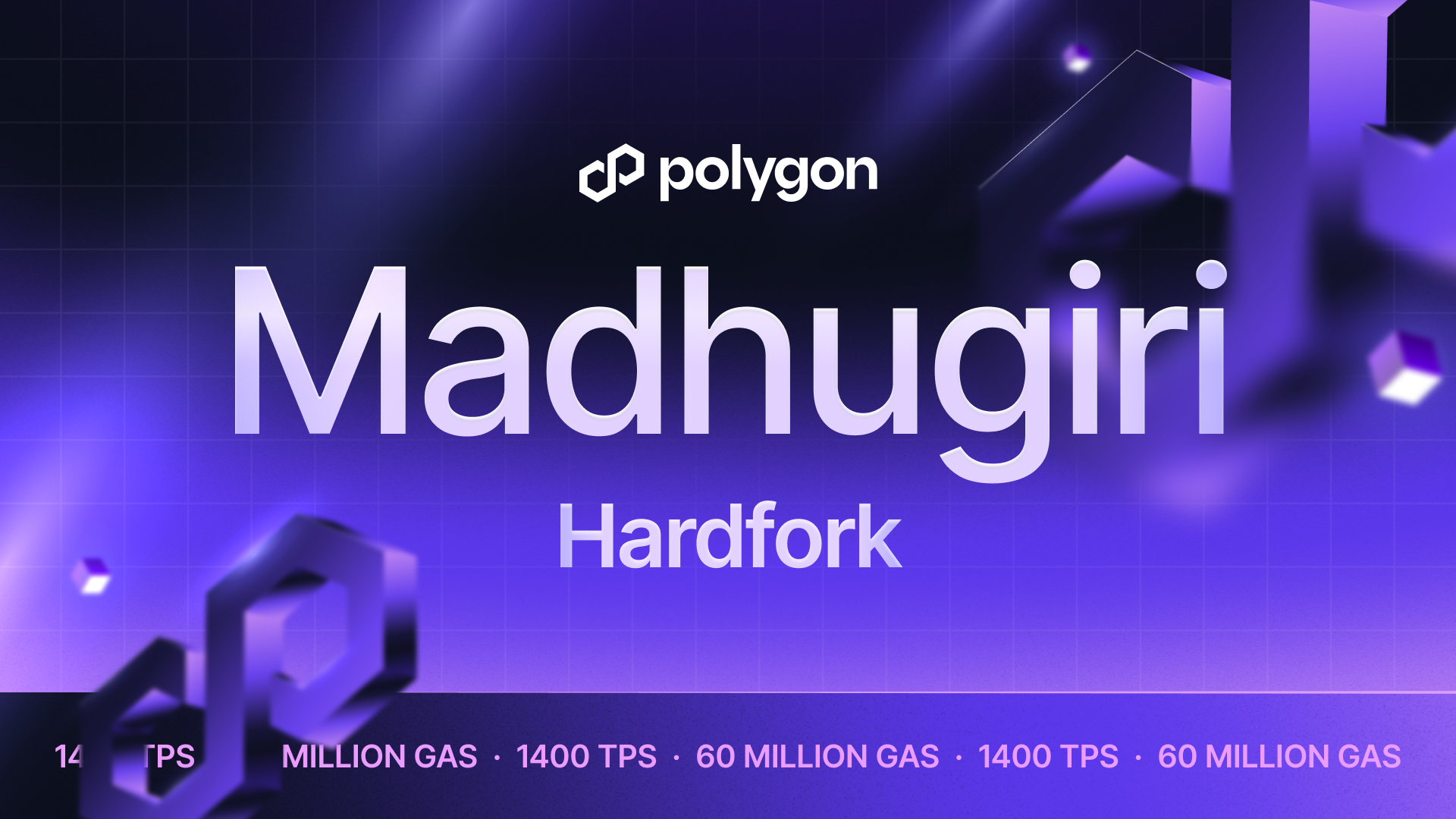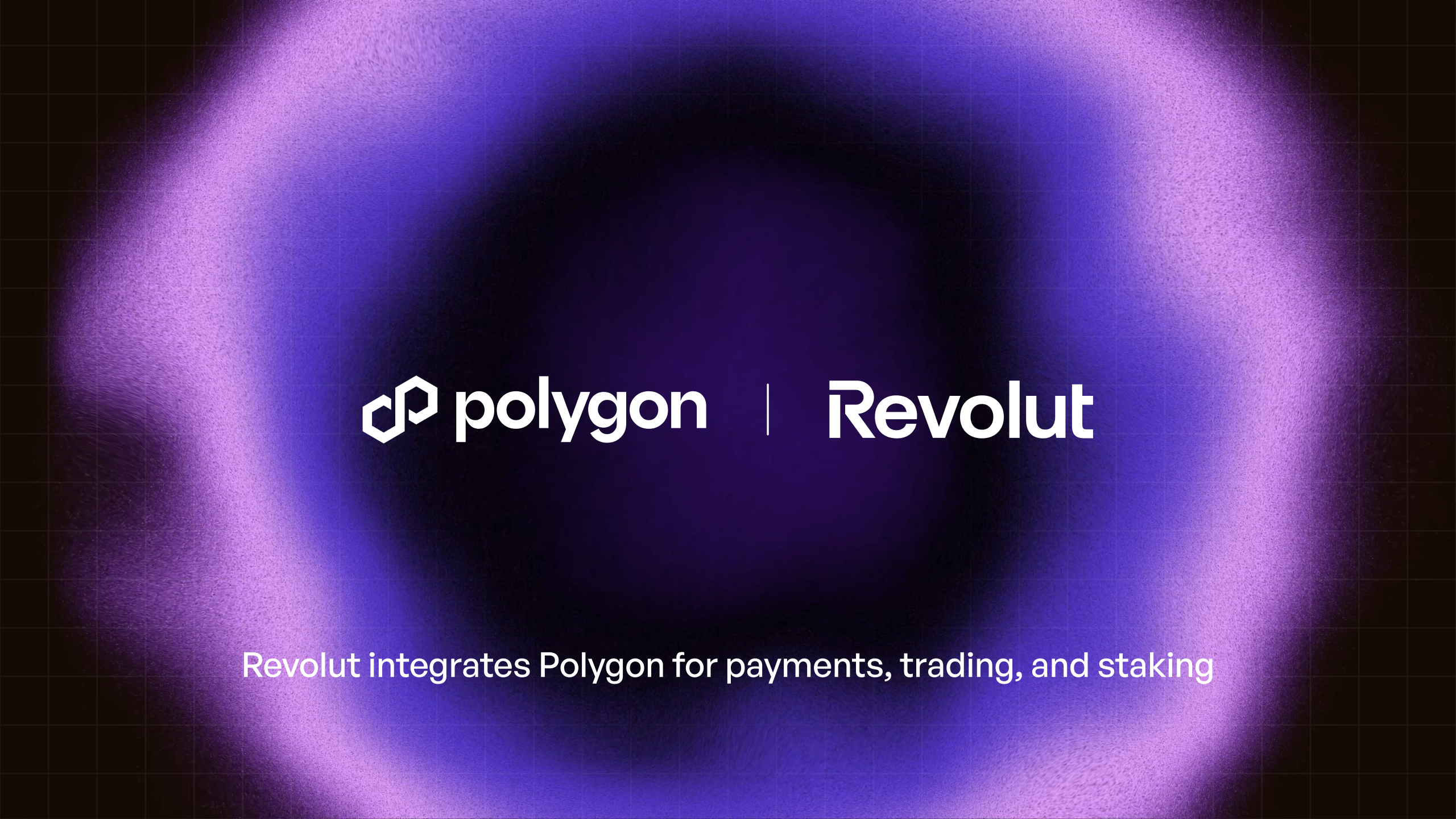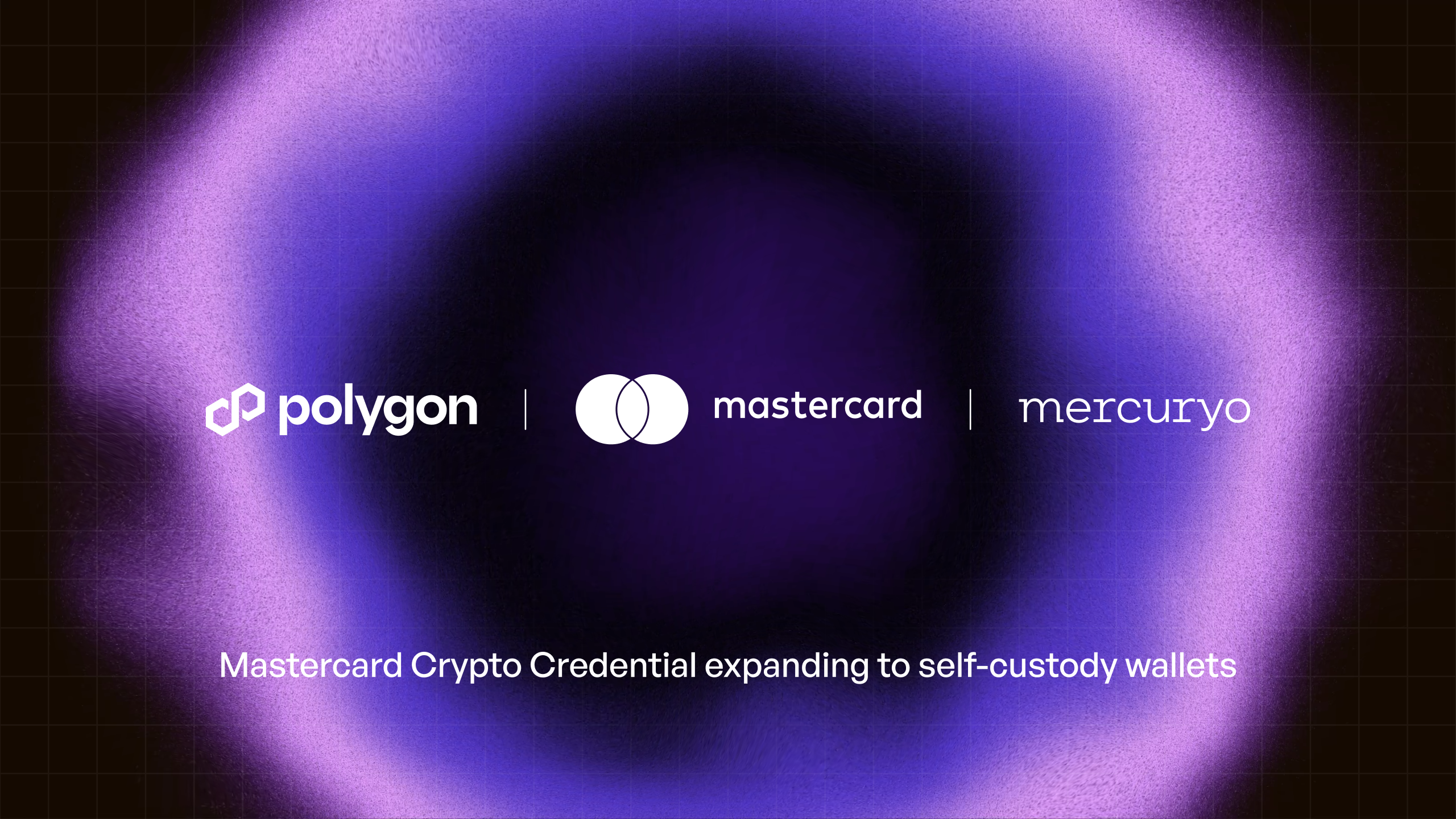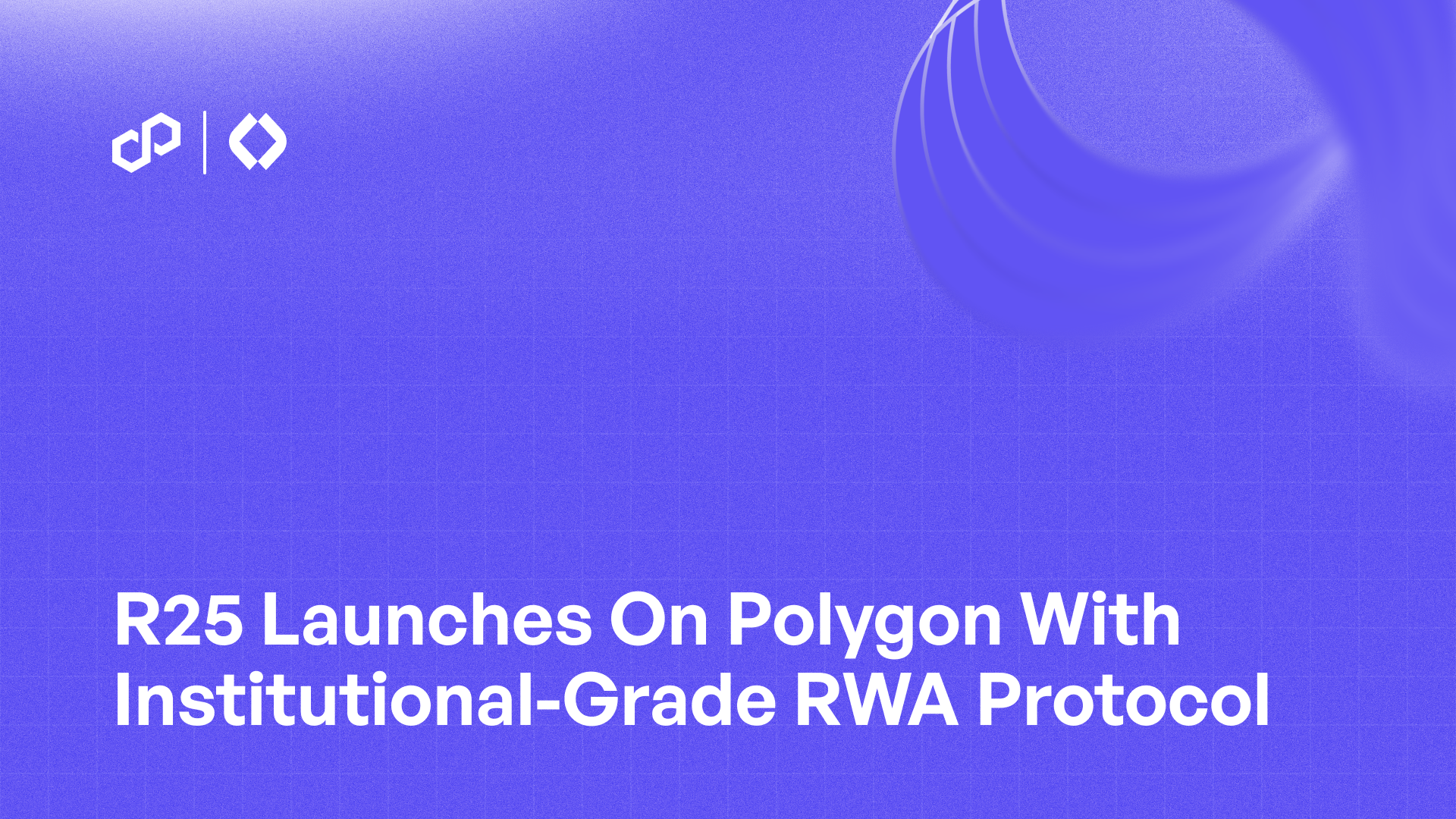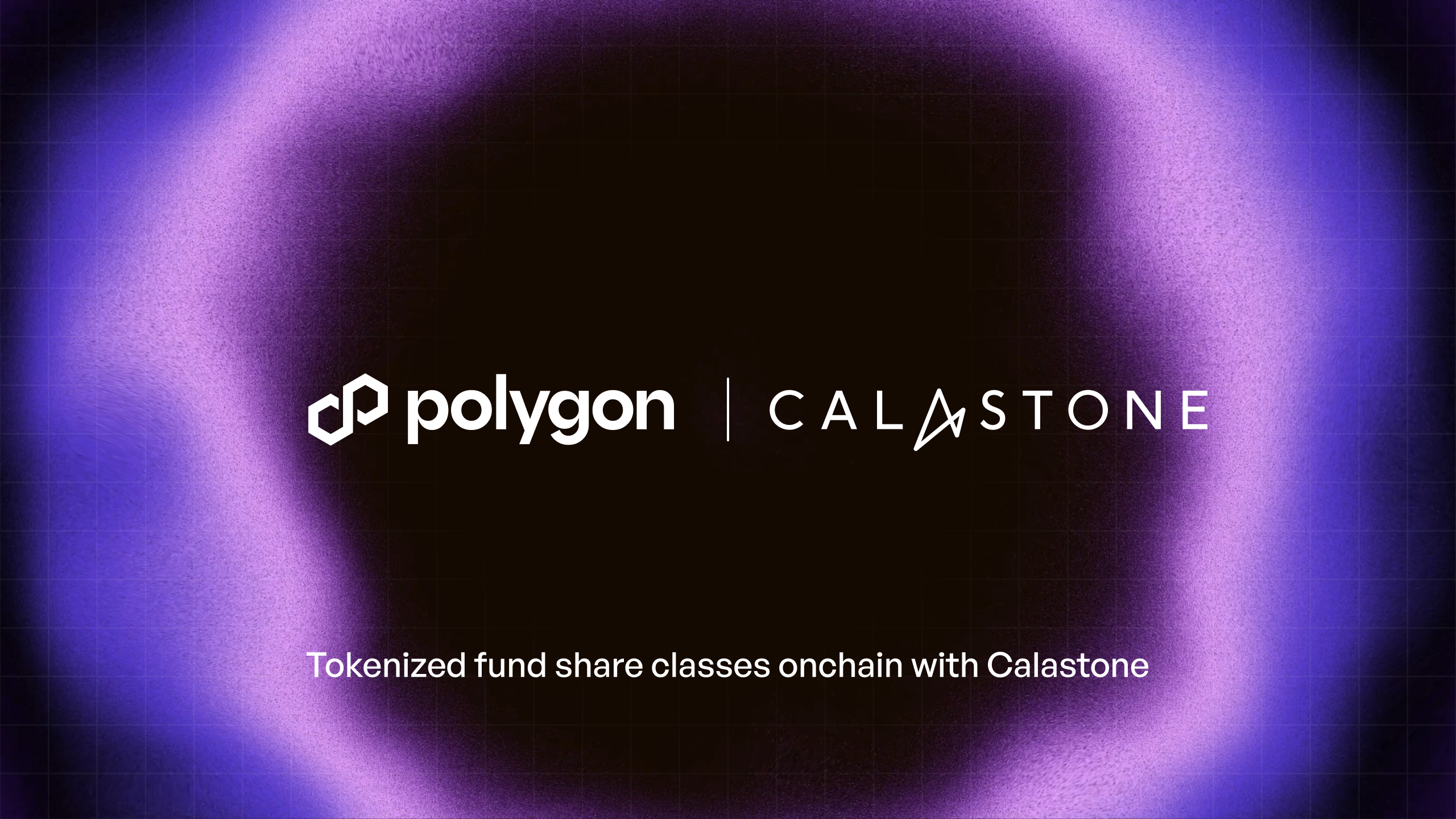A Day in the Life of a Polygon PoS Validator: Proton Gaming

Validators are the beating heart of the decentralized, publicly-owned Polygon proof of stake (PoS) network. This is the first in a series of blog posts spotlighting the decentralized Polygon validators who collectively keep the Polygon (PoS) chain running and secure. The series will cover ground about who these validators are, what they do, and how they participate in decentralized governance within the Polygon ecosystem.
With Polygon 2.0 proposals, the Polygon PoS network would transition to a ZK validium, and PoS validators would serve a new role as members of a data availability committee (DAC). Read about their current role here and then catch up on all Polygon 2.0 proposals.
In this opening post, we talk to Scott Lilliston from Proton Gaming about his work as a validator, how Proton Gaming sees Web3 innovating the world of competitive esports, and what participation in decentralized governance looks like. The interview has been edited for clarity and brevity. (Read on to the end for access to a mint of a unique NFT!)
On the origins and vision of Proton Gaming
Proton Gaming was founded In 2018 as an esports and media organization, with a simple idea: reallocate competitive earnings to the Proton Gaming community through tokenization. We called this model “play to share.”
In the years since, our vision has grown–including by becoming a validator for the Polygon PoS network.
Now, not only do token holders receive monthly rewards based on the performance of Proton Gaming’s professional esports teams, but they also access other utilities: coaching sessions, online player meetups, in-game assets, in-game currency, NFTs, game nights, entry into exclusive esports tournaments, and so on. By 2021, a roster of Proton Gaming players, influencers, and content creators began to playtest and earn across various Web3 esports in addition to the competitive Web2 landscape.
The goals are now multifaceted: help gamers see the extreme upside of Web3. Being a validator is just one way to tap that upside.
On the journey to becoming a Polygon validator
We first met team members from Polygon Labs (formerly the Matic team) back in 2019, during the E3 Expo, which was a big milestone for us and gaming in Web3: it was the year we helped organize the first Blockchain Gaming Summit inside E3. By 2020, we’d become a validator for the Polygon PoS network.
So what does that mean? First, there’s the technical side. We’re only one of many validators, but that role means we participate in the security and efficacy of the Polygon network. We stay up-to-date with system rollouts (like about security, transaction speeds, whatever) with a level of urgency commensurate with our role.
Second, there’s the governance side of network participation. Blockchain is all about coordinating decentralized networks through the efforts of many, many independent people. We respond to governance questions, participate in thoughtful discussions with other validators, and respond with feedback to community proposals.
And, of course, we participate in discussion about whatever other topics might arise for the network and the community at large–like the proposals of Polygon 2.0, which are exciting not only for the Ethereum community, but also for Web3 gaming!
On the hardest part about joining the validator set
We began in the gaming space around the same time as Polygon and found common paths as partners. Once we were approved to join the validator set, finding staff to be able to manage and upkeep the node around the clock was difficult.
On what it actually means to run a node
Proton currently uses a virtual server provider overseen by in-house IT personnel. We use Ubuntu 22 running behind a true firewall for each node with supporting software for failsafe monitoring and reporting.
There is a person dedicated to handling the node, its management and upkeep. This person was brought on specifically to manage the technical aspects of the node. This role specifically works with Proton Gaming leadership to review governance and community proposals and make decisions on these issues.
On why companies should want to become validators
Any company should see the value in being part of supporting and helping to govern the Polygon protocol. It’s our opinion that the Polygon network and products will touch essentially all facets of business in the coming years with the gaming and entertainment sector being one of the first to benefit. The value and potential benefits from becoming a validator start with helping solidify and govern such an important network but the networking and business opportunities beyond that are unimaginable. We are very thankful to be in such a position.
On helping the gaming community capture more value
Outside of our role as a validator, we are constantly building solutions for gamers and content creators to capture more of the value they help create.
For instance, a bot we built for Twitch helps streamers monetize Twitch streams right away, rather than waiting for specific viewership metrics. The bot allows tipping, wallet creation, balance information, and so on–for all tokens on Polygon, right in their chat.
What this does is streamline and decenter points of value capture. Streamers don’t have to wait on Twitch to monetize their work–they can get at it right away.
Web3 dynamics means these bots can change the relationship between viewer and player. Imagine a streamer reaches a point in a game where they need a certain item to access it. A community member could tip the item to the streamer to complete the quest–and then after, receive the item back.
The goal in the end is to help bring Web2 gamers into Web3 in fun and safe ways, while sharing the fruits of our labor. This play to share model is the hub of what Proton Gaming can do for the gaming industry on Polygon.
On the future of the gaming industry and Proton Gaming
Everyone says it’s still early in Web3 – because it really is! – but we think Web3 gaming is inevitable, and for good reason.
The value proposition unlocked by the design space of blockchain can reorient how gamers interact with digital objects–and one another. Asset ownership, earning ability, and so on add value to gameplay, esports, marketplaces, streaming and content creation, and pretty much any facet of gaming you can imagine.
So what does the future of Proton Gaming look like? We’re serving the Polygon community, endeavoring to be the foremost esports organization in the ecosystem. We want to continue to build our rosters and compete at the highest levels. We’re continuing to work with gaming projects across the network to introduce new content as we implement the play to share model!
You've made it this far! Head over to Galxe to mint the Mage NFT. The secret phrase is "community."
Follow Scott and Proton Gaming on social media and check out the team. For all things Polygon head over to the Polygon Labs Blog and our social channels.
Together, we can build an equitable future for all through the mass adoption of Web3!
Website | Twitter | Developer Twitter | Forum | Telegram | Reddit | Discord | Instagram | Facebook | LinkedIn



.png)
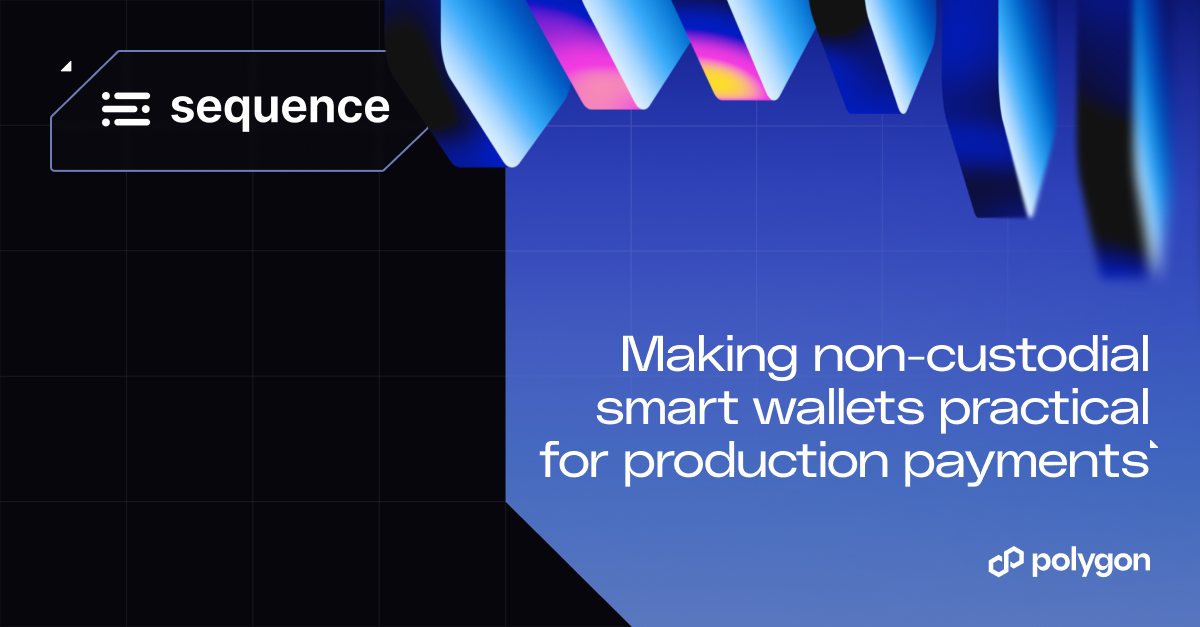


.jpg)
.jpg)
.png)

.png)

